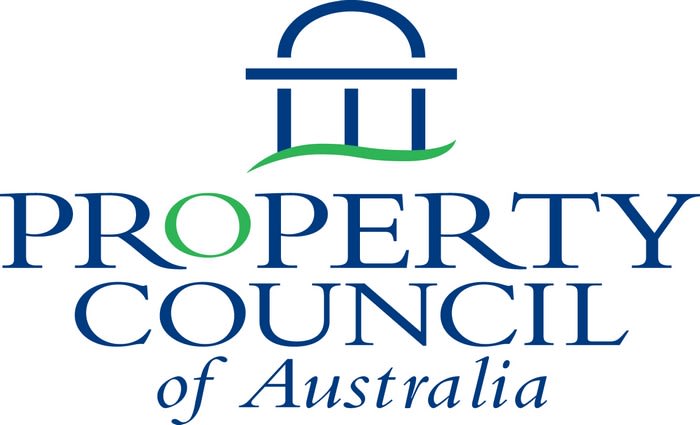Charging foreign owners extra for property will cost WA jobs: Sandra Brewer
EXPERT OBSERVER
They say, “money makes the world go ‘round” and although it may seem crass and crude, it’s quite true. Take a drive through any of WA’s industrial estates – Henderson, Kewdale, Malaga, Wangara -and you’ll see the wheels of commerce turning. Look closer and you’ll see the workers that work hard all day to give precious economic security to their families.
In Australia’s biggest industry, property (bigger than mining and manufacturing combined), you’ll see people engaged in materials supply. Factories and warehouses producing tiles, beams, trusses, cabinetry and furnishings. Logistics workers get these components to site for construction which requires skilled plumbers, electricians, plasterers and a team of supervisory and administrative staff. Once a property is complete, more workers are needed, like accountants, lawyers, real-estate and leasing agents.
Every single one of these workers spends money in WA shops, buys food from our supermarkets and restaurants and pays for their kids’ education. Money indeed keeps WA moving.
For WA to grow and compete with the rest of the world we need more than just our own money circulating.
Foreign investment and exports are key factors in our success. Many of our West Australian jobs depend on an external injection of money, and the property industry is no different.
The Upper House is due to debate the Labor Government’s proposed foreign owner duty surcharge very soon – a proposed 7% surcharge on foreign purchasers of residential property in WA.
This tax is not just for rich, overseas investors, it’s for regular migrant mums and dads who want to build a home and a life in WA. Just like the many migrants from all over the world that have come to WA since its foundation and have made Perth the great City it is today.
An additional 7% impost will deter these migrants from choosing Perth. The greatest number of Asian migrants are from Singapore (China is in fifth position). With kids studying at Uni, they could just as easily choose another Australian or international city to settle.
We don’t have the issues of Sydney or Melbourne where the surcharge originated as a way to dampen demand. Our tentatively recovering property market needs support, especially in an environment of slowing demand due to tightening bank finance.
Understandably, the McGowan Government is looking for new sources of revenue for budget repair. But with Building Approvals currently tracking at –19.4% [Source: ABS/Property Council July 2018] the timing is terrible. Also, key data indicators point to little revenue being raised in reality.
The WA budget has forecast $123million over 3 ½ years yet all industry bodies including the Property Council, REIWA and the UDIA warn that the number of transactions will fall. In fact, that’s exactly what’s happened in South Australia.
The SA budget was released last week and it demonstrates exactly what could happen if this surcharge were introduced here. The SA Government have reduced forecast tax receipts by 50%, stating “Conveyance duty forecasts also incorporate downward revisions to the Foreign Owner Surcharge in all years reflecting lower than expected collection in 2017-18 and projected lower demand from foreign buyers from 2018-19 compared to original estimates.”
Simply put, fewer property transactions equates directly to fewer jobs. This affects all workers that help make money move around the WA economy.
The Property Council calls on the Members of the Upper House to vote against this tax – for now at least. It may be needed one day in the future but now is not the time to risk West Australian jobs for little gain.
Sandra Brewer is the Executive Director of the Property Council of Australia WA
